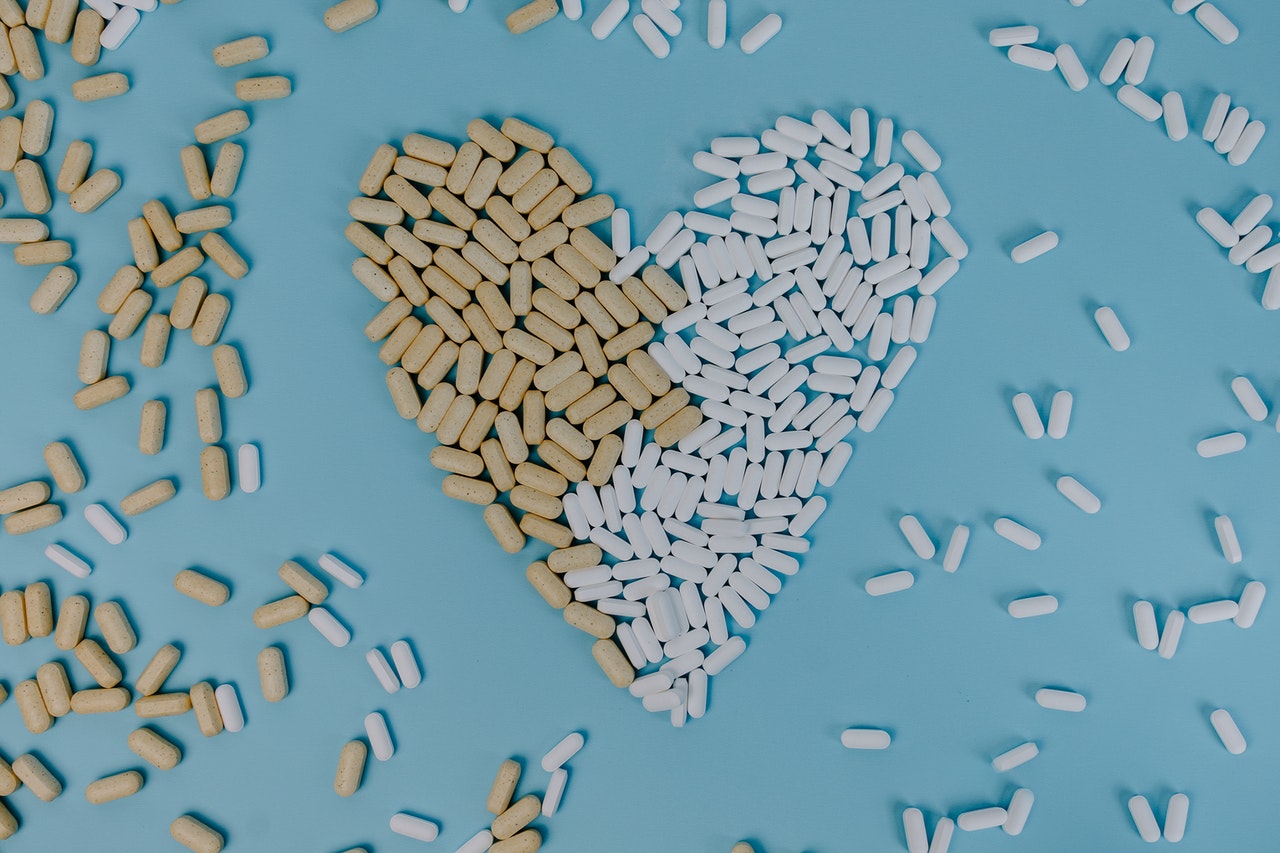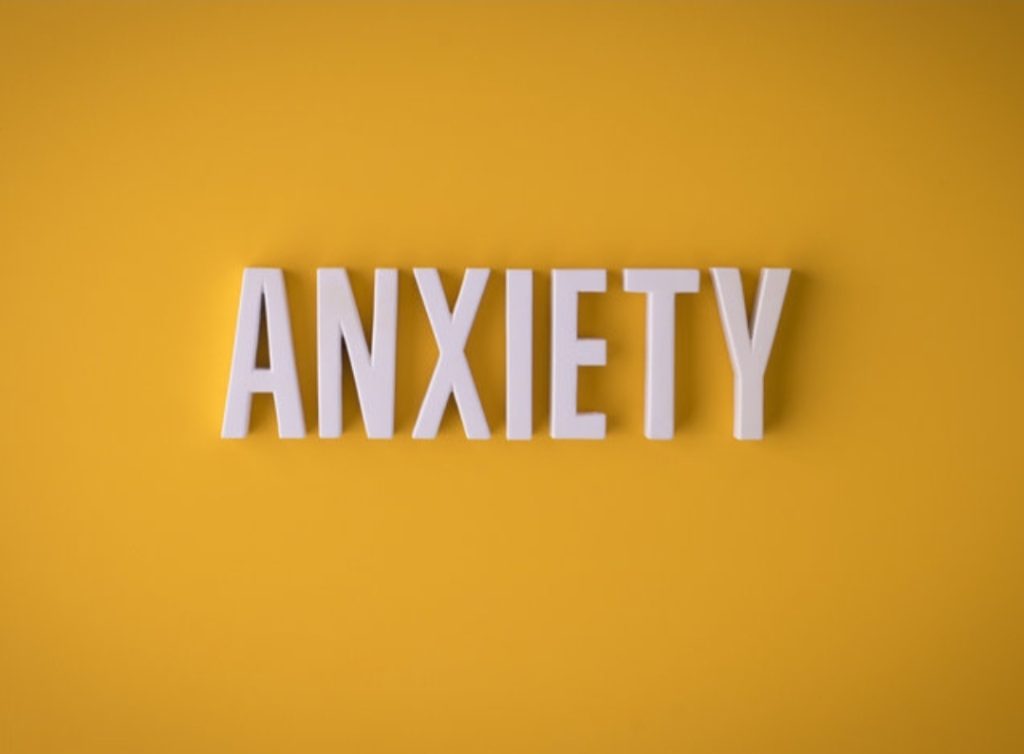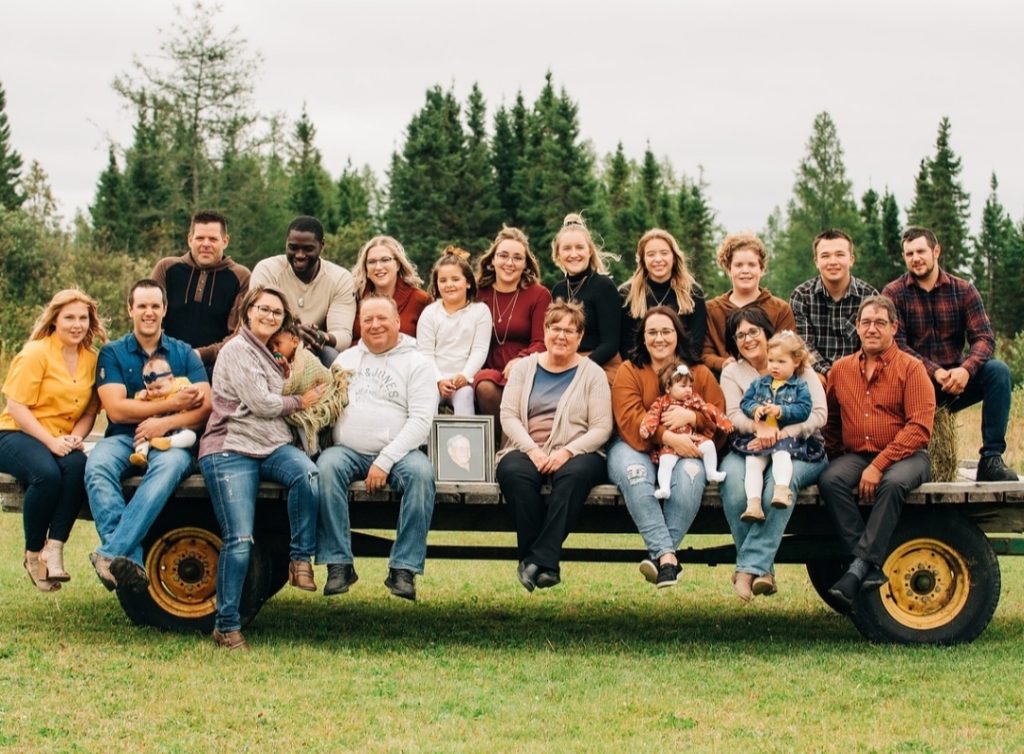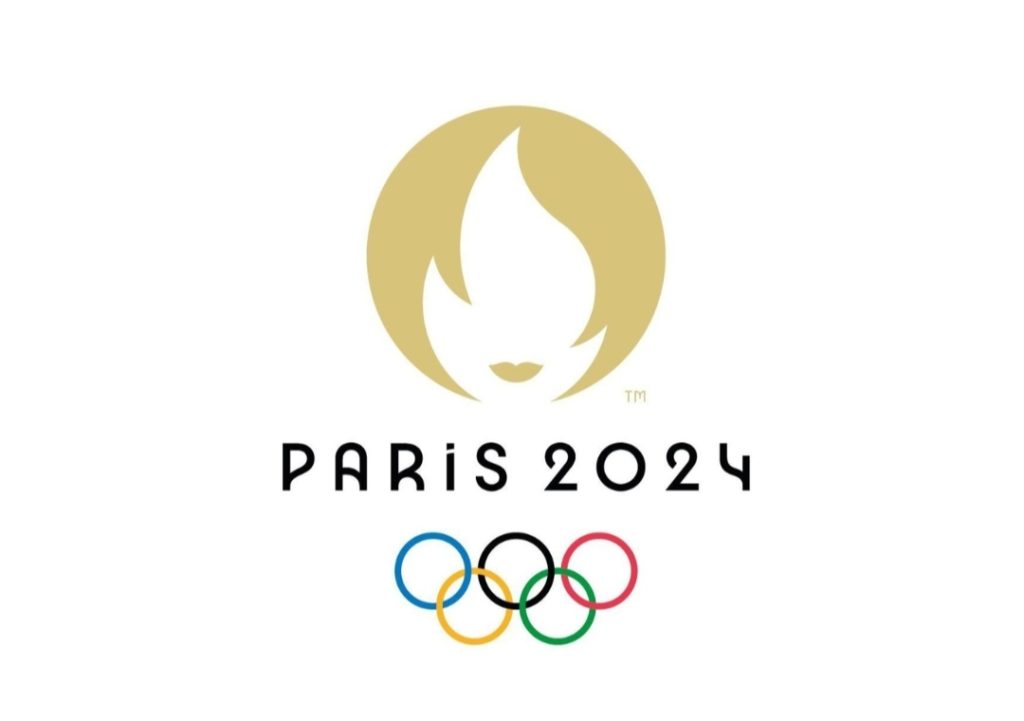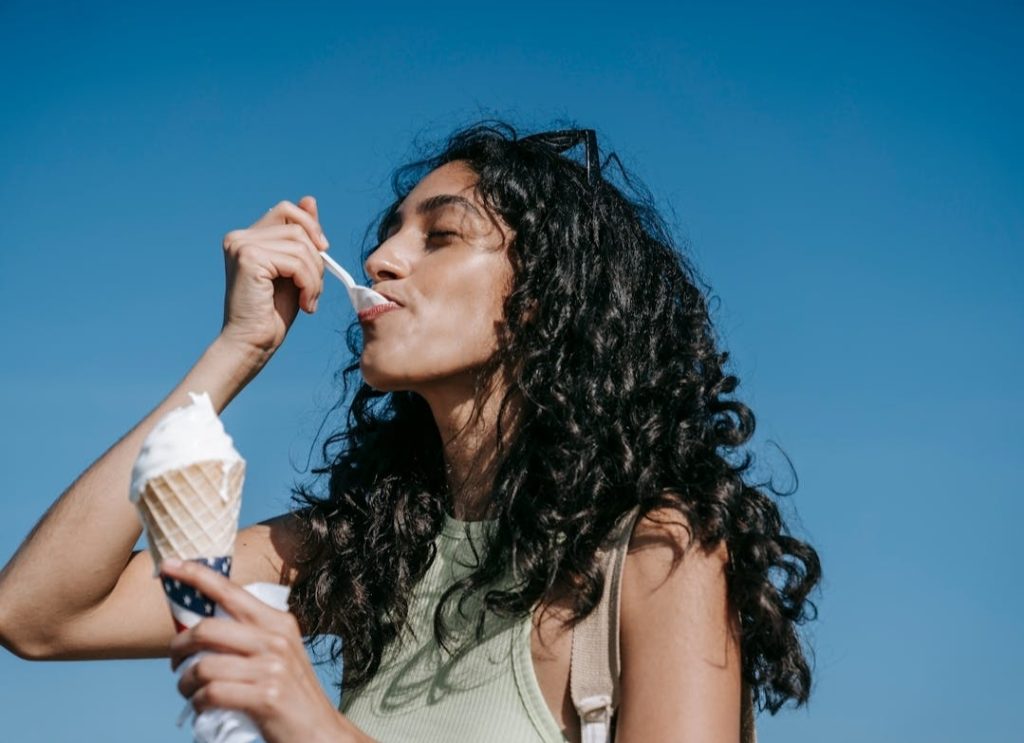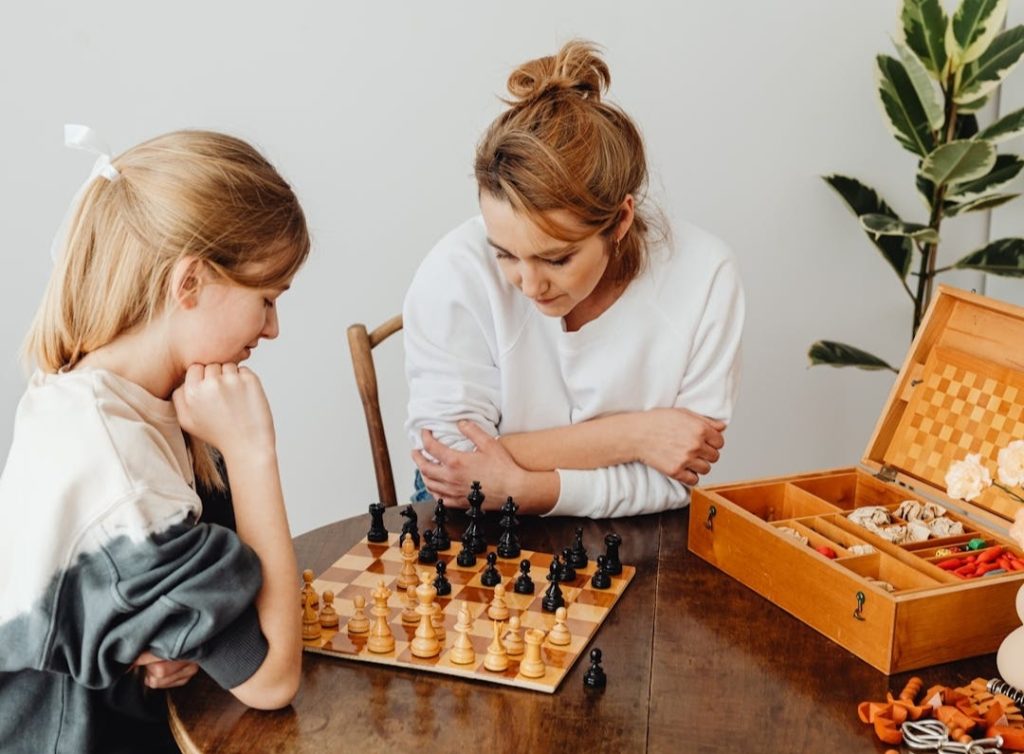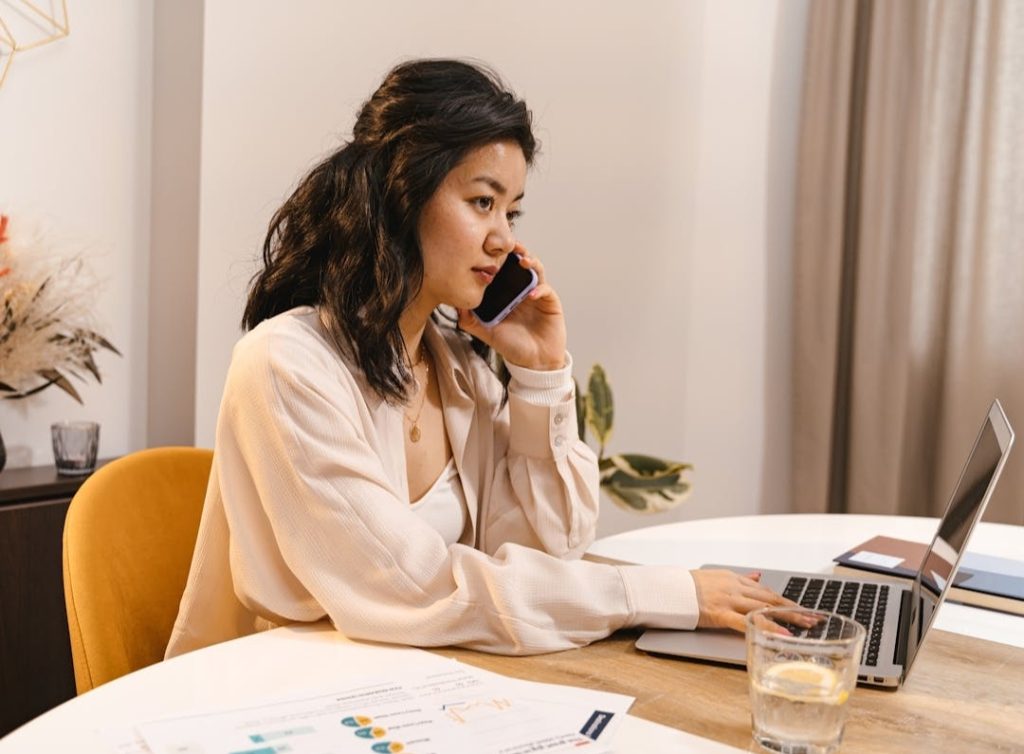Saying goodbye to someone you love is never easy. But for people who lose a friend or family member to overdose, the burden of grief is even heavier. Besides processing their own pain, they’re forced to cope with the judgements and misconceptions of others who don’t understand what they’re going through. Many of the people left behind also feel guilty, wondering what they could have done differently to keep their loved one alive.
International Overdose Awareness Day, held every year on August 31, provides a safe, compassionate space to honor the memories of friends or family members who have overdosed. The event began in Australia and has spread around the world. The organizers’ goals are to stop the stigma around overdose, support people who have lost someone they love, and work toward ending the overdose epidemic.
The mission is more urgent than ever. According to the Centers for Disease Control, almost 100,000 Americans died of an overdose last year alone–the most of any nation in the world. The COVID-19 pandemic has pushed the numbers even higher than they were before.
Every person we’ve lost was someone’s child, someone’s friend.
What It’s Like to Lose a Loved One to Overdose – Anna’s Story
“It took some time to wrap our heads around the fact that he was really gone,” says Anna (not her real name), who lost her cousin to an oxycodone overdose. “He was young, and it was sudden.” The unexpected tragedy left Anna and her family reeling.
Her cousin’s struggle began with a debilitating physical injury. After an accident left him with severe, chronic pain, he was desperate for relief, and he developed an opioid addiction.
“He had been to rehab, and we thought he was off everything,” says Anna. But he was still in pain, and he relapsed.
Over time, Anna and her family have found some healing, but she’s still careful what she shares about her cousin. Some of the reactions she encounters are compassionate – others, not so much.
“I wish people knew that this could happen to anyone,” says Anna. “The stereotypical drug addict you see in your head? That wasn’t my cousin. He was kind and funny, and he just wanted to stop the pain. I know he wouldn’t have hurt us like this on purpose.”
Finding Healing
For families like Anna’s, moving forward after losing a loved one to overdose can be tough.
There isn’t much social support for people who are coping with this type of loss. Even when friends and family members did everything they could to help their loved one, they still face harsh judgements from others. It can be difficult for them to talk freely about what happened and resolve their grief.
“It’s okay to be angry,” says Anna. “It’s a complicated situation. Your anger doesn’t negate your love. It’s also okay if you can’t handle it by yourself. Talking to a professional to help you process everything isn’t shameful.”
It also helps to get support from others who have been there. If you or someone you know has lost a loved one to overdose, GRASP (Grief Recovery After a Substance Passing) is a great place to start. The group offers in-person meetings throughout the US and Canada, a resource list, and a Facebook group.
Parents of a child who overdosed can find safe, nonjudgmental peer support through Compassionate Friends. This US-based nonprofit has served grieving parents and families for more than 50 years.
The International Overdose Awareness Day website includes links to many other organizations and support services, facts about overdose, and a tribute page where people can honor their loved ones. There’s also a listing of the remembrance events and observances that will take place today around the world.
We have a long way to go toward the goal of ending overdose, and there’s no easy solution in sight. But offering support and compassion to people impacted by overdose is one way we can all make a difference.
Her Nexx Chapter invites you to join our free Community where women from around the world are connecting with each other’s stories, exploring different experiences, and transforming ideas.
The Future of Connection for Women
- Lucille Clifton—Poet, Children’s Book Author and Guiding Light - February 21, 2022
- 10 Ways to Work Out Safely and Reduce Your Risk of Infection - December 14, 2021
- How a Simple Gratitude Practice Brought Me Peace and Helped Me Learn to Live in the Moment - November 12, 2021
Follow us:

